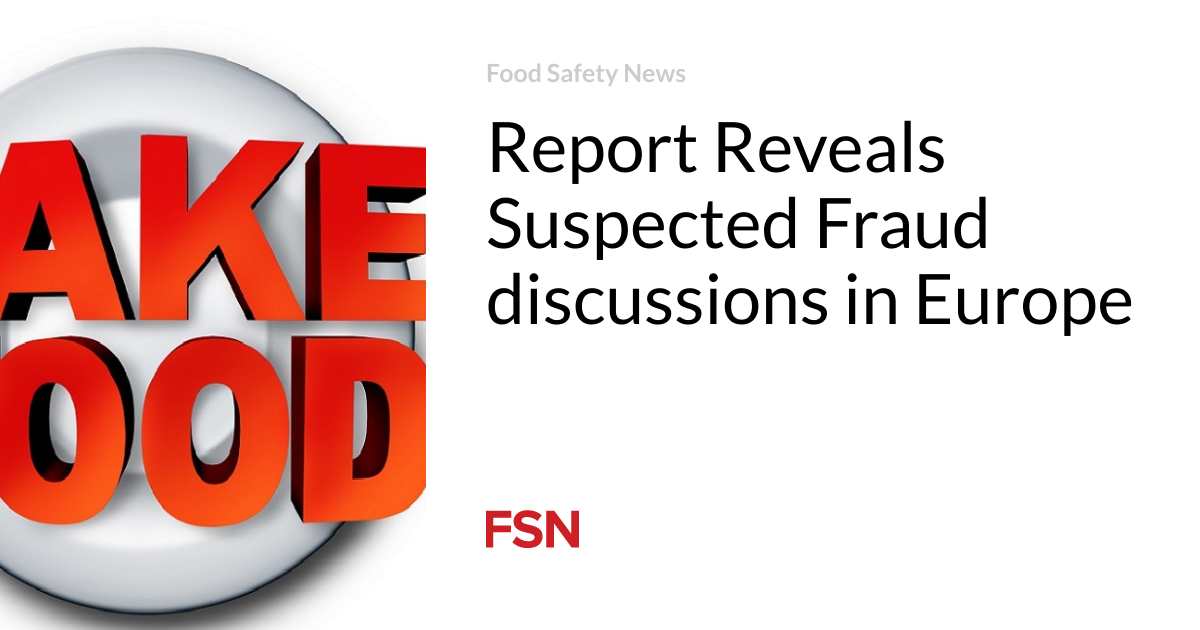
Fruit and vegetables were the top product category discussed by European countries about fraud suspicions in January.
Data comes from the first of monthly reports on potential, but not confirmed, fraud published by the European Commission.
The report includes non-compliances with fraud suspicions of a cross-border nature shared between members of the Alert and Cooperation Network (ACN) and retrieved from the Rapid Alert System for Food and Feed network (RASFF), Administrative Assistance and Cooperation network (AAC) and the Agri-Food Fraud Network (FFN).
It covers food for human consumption, animal feed, food contact materials, animal welfare, plant protection products, and veterinary medicine products. Fraud fears affecting only one country will not feature in the monthly reports.
A total of 111 out of 277 notices mentioned fruit and vegetables. Dietetic foods, supplements, and fortified foods were in second place with 44 alerts, followed by cereals and bakery products with 18 notices. Ethylene oxide was mentioned twice in products from China and India.
The aims of sharing the information are to support member states in their risk-based controls and to guide food businesses in assessing their vulnerabilities to fraudulent and deceptive practices, said the EU Commission.
Border inspections or market controls detected the majority of issues. Nine were due to whistleblower information.
Suspected fraud examples
Alerts involving the United States included high levels of the additive sunset yellow in Nerds Rainbow candy, unapproved use of tartrazine in pickles and of titanium dioxide in candy, and use of the ingredient L-theanine in G-Fuel energy drinks.
Examples of product tampering were additives not compliant with EU maximum levels, such as ascorbic acid in tuna from Vietnam; carbon monoxide treatment of tuna from an unknown origin; adulteration of fish fillets from the Netherlands due to added water; and chicken meat instead of pork in sausages from Poland.
Record tampering cases included issues with health claims on food supplements and using the misleading denomination prosecco on wine.
Other non-compliances identified covered traceability issues with eggs; ingredients not authorized in Europe – often in supplements; residues of pesticides not compliant with EU maximum levels – mostly in fruit and vegetables; products skipping border controls and unauthorized operators.
Russia was mentioned once for an unauthorized operator of mineral water, products from Turkey were often flagged due to pesticide residues and issues from China included chlorate in chicken meat and presence of pork, poultry, and bovine DNA in snacks.
(To sign up for a free subscription to Food Safety News, click here.)
